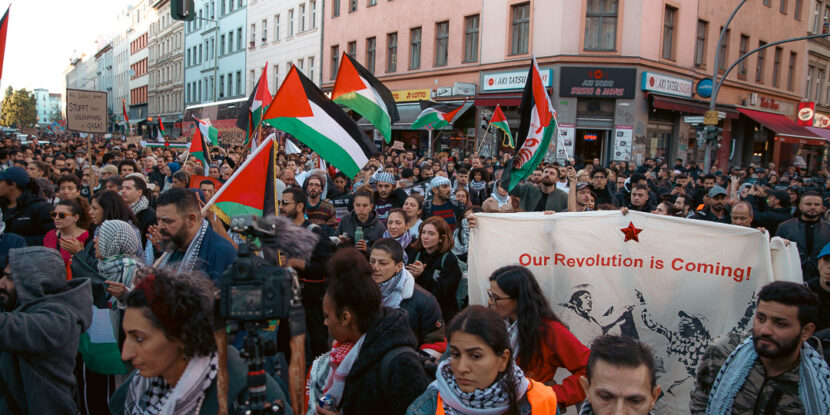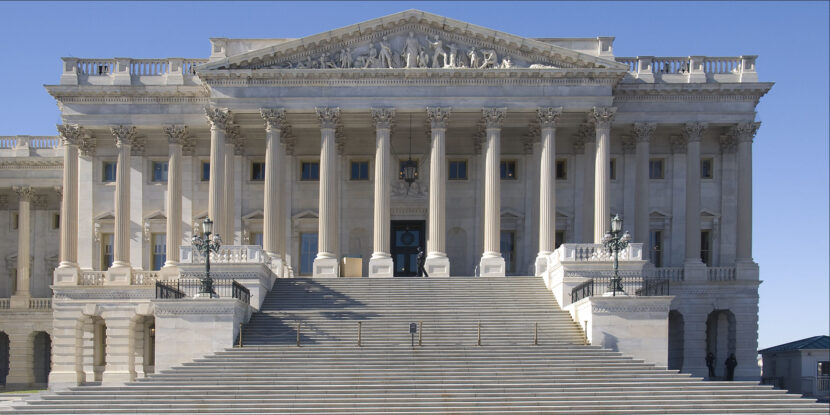PULSE POINTS:
❓What Happened: A study by the University of Münster reveals that nearly 20 percent of Muslim migrants in Germany may be susceptible to radicalisation.
👥 Who’s Involved: Researchers from the University of Münster, German Chancellor Friedrich Merz, and Interior Minister Alexander Dobrindt.
📍 Where & When: Germany, study results released last week; border policy changes implemented in May 2025.
💬 Key Quote: Sarah Demmrich stated, “With the emotional state of resentment, we were able to uncover a new and even strong factor in radicalisation.”
⚠️ Impact: The findings suggest up to one million individuals could be vulnerable to radicalisation, amidst tightened border controls and migration policy reforms in Germany.
IN FULL:
A new study conducted by the University of Münster’s Research Centre for Islamic Theology has found that nearly 20 percent of Muslim migrants in Germany could be vulnerable to radicalisation. The survey, which included almost 1,900 participants with a migration background, highlighted strong anti-Western and anti-Semitic sentiments, as well as resentment toward German politics and societal norms.
The term “migration background” in Germany refers to both first-generation migrants and their descendants. With over 5.5 million Muslims in this category nationwide, the findings suggest that up to one million individuals could be at risk of radicalisation. Researchers also noted that a third of those identified as vulnerable expressed support for violence in response to perceived injustices against Muslims. Additionally, many respondents viewed Islamic Sharia law as superior to German law and expressed a desire for Islam to be the dominant political authority in Germany.
Sarah Demmrich, a religious psychologist involved in the study, explained to German outlet NOZ that “resentment” was identified as a significant factor in the radicalisation process. The researchers found that the clash between Germany’s more liberal Western cultural norms and the strict religious beliefs of Muslim migrants is a primary driver of the sort of resentment that fuels radicalization. “The capacity for criticism within Islam must be strengthened in order to promote reflective debates on religious and social issues,” Demmrich contends.
This research comes as Germany implements somewhat stricter migration controls under newly elected Chancellor Friedrich Merz. Merz has rescinded the open-border policies introduced by former Chancellor Angela Merkel, a fellow member of the Christian Democratic Union (CDU) party, in 2015. Under the new rules, illegal migrants, except for children and pregnant women, are being turned away at Germany’s borders. Merz has also initiated measures to deport Syrian migrants following the collapse of Bashar al-Assad’s regime last year.
Interior Minister Alexander Dobrindt has announced a significant expansion of border enforcement, increasing personnel by 3,000 to a total of 14,000 officers. Speaking on the new measures, Dobrindt stated, “We want to take stronger steps against illegal immigration… The numbers remain significantly too high.”
Merz has defended the policy shift, asserting that the European Union (EU) must send a clear message to deter illegal immigration and disrupt smuggling networks. Recent attacks in Germany, including a fatal stabbing in Bavaria last December, have intensified public focus on migration and security issues.




















